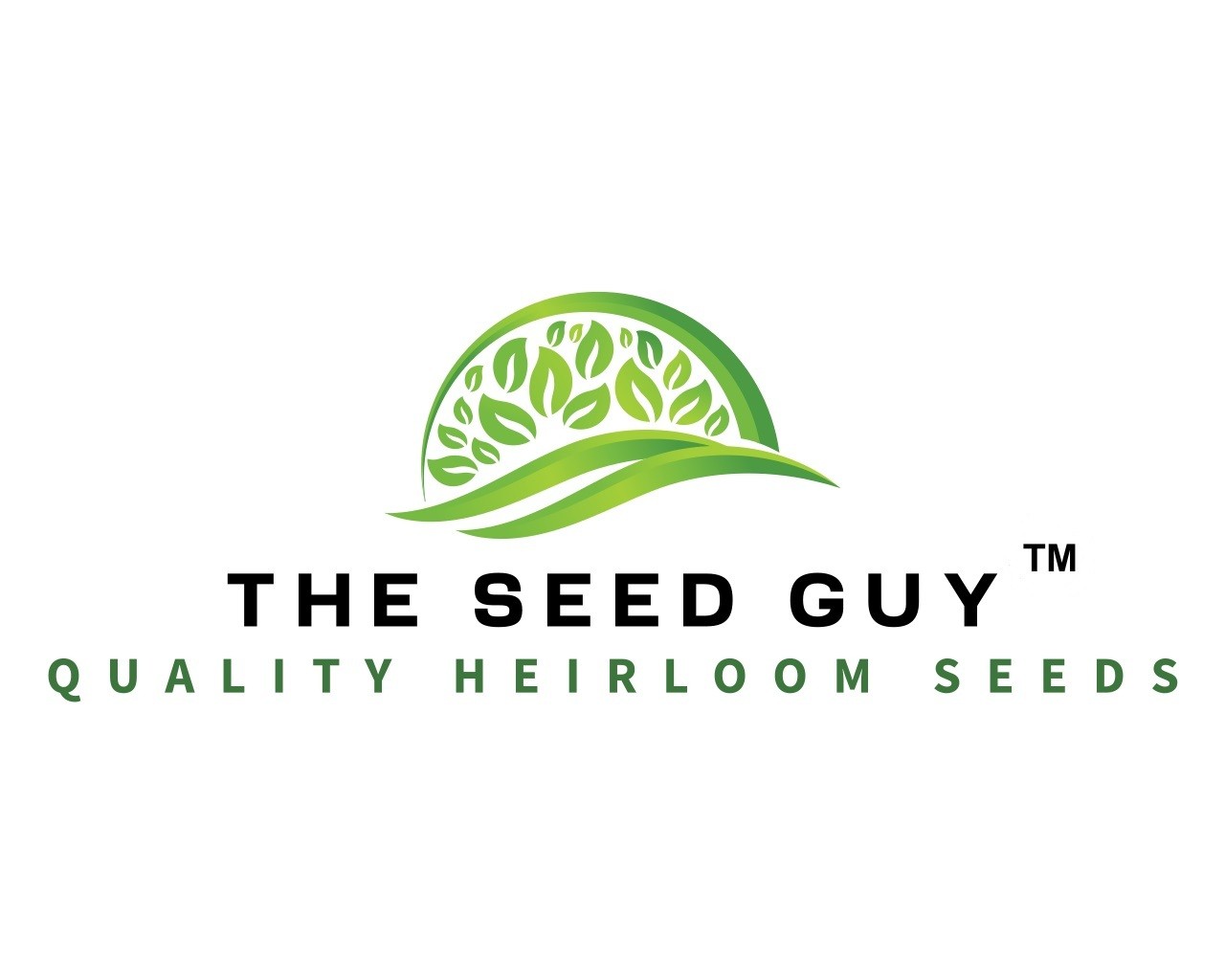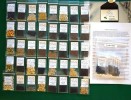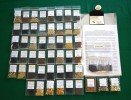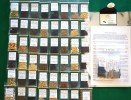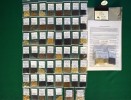Good morning from everyone here at The Seed Guy. Let's talk about containers and using them as a means of growing food. If you thought you didn't have enough space to grow vegetables, you should know everyone can grow in containers, even if you live in an apartment or condo, and at any time of the year. Some families with small yards grow in containers on their patios or decks.
There are several types of containers that can be used for growing vegetables including polyethylene plastic bags, clay pots, plastic pots, metallic pots, milk jugs, ice cream containers, bushel baskets, barrels, and planter boxes. It is important to use containers that can accommodate roots of the vegetables you want to grow as the vegetables vary in sizes and rooting depths.
The container needs to have good drainage and should not contain chemicals that are toxic to plants and human beings. Most vegetables grown in backyard gardens can be grown in containers, although a container's diameter and depth need to be considered when selecting what vegetables to grow. The plant density (number of vegetable plants per container) depends on individual plant space requirements, and rooting depth.
It's best to use one of the potting mixes in vegetable container gardening as they are light, disease-free, weed seed-free, and have good drainage. Some potting mixes have pre-mixed plant nutrients, so read the information on the label about how long the pre-mix will feed your plants before you start applying fertilizers. You can also make your own two bushels of potting mix using the following recipe: Shredded sphagnum peat moss (1 bushel), Vermiculite (1 bushel), Ground limestone (1¼ cups), Phosphate fertilizer either 0-20-0 (½ cup) or 0-45-0 (¼ cup), Slow-release granular fertilizer such as 5-10-5 (1 cup).
Container-grown plants require more frequent fertilization than field-grown plants because of the limited space within the container for drawing nutrients. Fertilizers can be mixed with the soil mix before filling the container and can also be applied as a nutrient solution. Nutrient solutions can be made by dissolving soluble fertilizer such as 10-20-10, 12-24-12 or 8-16-8 in water following label directions. The nutrient solution is applied once a day when the plants are watered. How often you water may vary with vegetables, but once a day is adequate.
Leach the unused fertilizer nutrients from the potting mix once a week by applying tap water only. It is also very important to water occasionally with a nutrient solution containing micronutrients such as copper, zinc, boron, manganese, and iron and follow label directions in order to give plants the right amounts.
Plants grown outdoors in containers need frequent watering as the containers dry fast. Watering daily is necessary to provide adequate moisture for plant growth. Apply enough water to reach the bottom of the container. Allow the excess to drain out through drainage holes. Avoid wetting the leaves when watering as this will encourage development of foliar disease. Try not to allow the containers to dry out completely between watering as this will lead to flower and fruit drop. Now if you grow vegetables in containers indoors, you don't need to water every day, as there is no sun drying them out.
The size of the containers needed will depend a lot on the vegetables or herbs you are planting. Most Herbs can be planted in 1/2 - 1-gallon containers. Cabbages, Cucumbers, Green Beans, Leaf Lettuce, Spinach, Swiss Chard, and Cherry Tomatoes can be planted in 1-gallon containers. Beets, Carrots, Eggplants, Peppers and Radishes need 2-gallon containers. Your regular tomatoes will need 3-5 gallon containers. (Great info from the University of Illinois Extension!)
When you are ready for some great, non-GMO, small-farm-grown Heirloom seeds, take a look at our 60 Variety Heirloom Seed Package that has over 32,000 seeds and is currently priced on-sale at just $79. You get 49 Heirloom vegetable seed varieties along with 11 Heirloom herb seed varieties all snuggled into a nice-sized Mylar for year-to-year or long-term storage. What a great gift for that person you know who loves to garden!
Check out our website to see the above highlighted seed package at https://theseedguy.net/sixty-variety-heirloom-seeds or you can also call us 7 days a week at 918-352-8800 if you would rather place your order by phone. We have a wide variety of both small and large Heirloom seed packages along with all our individual varieties currently in stock.
We’ve recently updated to a new SEED GUY website https://theseedguy.net that is faster, mobile friendly, and offers our customers more ways to pay; Credit Cards, Paypal, Paypal Pay Later, and Apple Pay.
We’d love to have you follow us on Facebook, so click the LIKE at the top of our Facebook page at https://www.facebook.com/theseedguy and you’ll be able to see more of our gardening articles and new seed offerings and sales. Thank you and God bless you and your family!!
